Police have also said the same gun was used in the attacks, drawing a clear link between the school shootings and the murder of three soldiers that have shocked France.
The shooting, which was immediately branded as an anti-Semitic attack, plunged the nation into shock.
President Nicolas Sarkozy declared the murders a “national tragedy” as anti-terror police probed the third fatal shooting involving a gunmen wielding what police said was the same pistol in the Toulouse area in recent days.
France stepped up security at Jewish and Muslim schools following the assault on the Ozar Hatorah school, which local parents, rights groups and the government denounced as an anti-Semitic atrocity.
Two boys aged three and six and their father, a 30-year-old religious studies teacher who witnesses said tried to protect them, were gunned down, along with the 10-year-old daughter of the director of the school.
The gunman opened fire on a crowd as children and teachers arrived for class in the morning, then charged on to school grounds. A fifth victim, a 17-year-old boy, was left in a critical condition.
The killer escaped on what witnesses said was a powerful scooter.
Last week, three French paratroopers – all of North African descent – were killed in two similar incidents in the same region, also involving a scooter-rider wielding the same powerful .45 calibre handgun.
“This tragedy has left the entire national community distraught,” Sarkozy declared at the scene, his voice audibly cracking as he sent condolences to the Jewish community and the mother who lost a husband and two children.
He said a moment of silence would be observed Tuesday in all French schools, security would be stepped up around religious establishments in the region and police reinforcements be deployed to hunt down the gunman.
Israeli Prime Minister Benjamin Netanyahu described it as a “despicable murder of Jews” saying it could not be ruled out that it was “motivated by violent and murderous anti-Semitism”.
The attack was the first of its kind apparently targeting Jews since the Rue des Rosiers massacre in 1982, in which six people died in a shooting at a restaurant in Paris’s most famous Jewish district.
Campaigning in France’s presidential election was effectively suspended, while both the right-wing incumbent Sarkozy and his Socialist rival Francois Hollande rushed to Toulouse to pay their respects.
“We cannot back down in the face of terror,” Sarkozy said, vowing his interior minister would stay in Toulouse until the crime was solved.
“And of course our thoughts are with these shattered families, with this mother who at the same moment lost her children and her husband, with the director of the school who saw his daughter die before his eyes.
“Barbarism, savagery, cruelty cannot win. Hate cannot win. The Republic is too strong for that, much too strong,” he said.
The president said that while the inquiry was proceeding with caution, he had been struck by the apparent links between the three shootings.
Paris anti-terrorist prosecutors took charge of all three probes.
The Ozar Hatorah association runs a small religious school for 200 people in a quiet suburb of Toulouse, a large city with a 25,000-strong Jewish minority.
Local prosecutor Michel Valet said: “Shortly before eight o’clock (0700 GMT) a man on a powerful scooter or a motorbike dismounted and shot at everything he could see. At children as well as adults.
“This individual also chased some children into the school,” he said.
Distraught and often angry parents – denouncing what many saw as an obvious anti-Semitic attack – converged on the scene shortly after the shooting as frightened children were brought out in small groups.
“I came to the school this morning for prayers,” said six-year-old Alexia.
“Five minutes later we heard shots, and we were very afraid. We were gathered in a room and prayed together while we waited for our parents.”
The gunman initially used a nine-millimetre weapon but it jammed so he switched to a .45-calibre gun as he stormed the school, police said.
Interior Minister Claude Gueant ordered security to be tightened around all religious buildings in France, which has Europe’s largest Jewish community estimated at up to 700,000 people.
“Like all my fellow countrymen, I am overwhelmed with emotion after this grave event, an act of anti-Semitism against Jewish children,” Gueant said.
The first victim in the trio of shootings died on March 11, a 30-year-old non-commissioned officer who was in civilian clothes when he was shot dead in Toulouse at point blank range.
On Thursday three more paratroopers, based this time in nearby Montauban, were shot while standing at a cash machine outside their barracks.
Two victims – sappers from 17th Parachute Engineering Regiment aged 26 and 24 – died on the spot. The third man, a 28-year-old from the same regiment, was left in a critical condition with spinal injuries.
Witnesses saw a black-clad motorcyclist walk up to the men, who were in uniform but unarmed, and open fire at point blank range.
The killer had time to turn over one of the wounded who was trying to crawl away and fire three more shots into him before getting back on the scooter and making his escape.
The military ordered troops based in the region not to wear their uniforms outside barracks following the attacks.

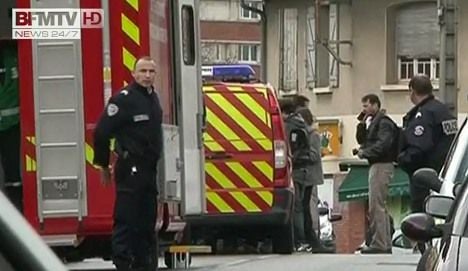
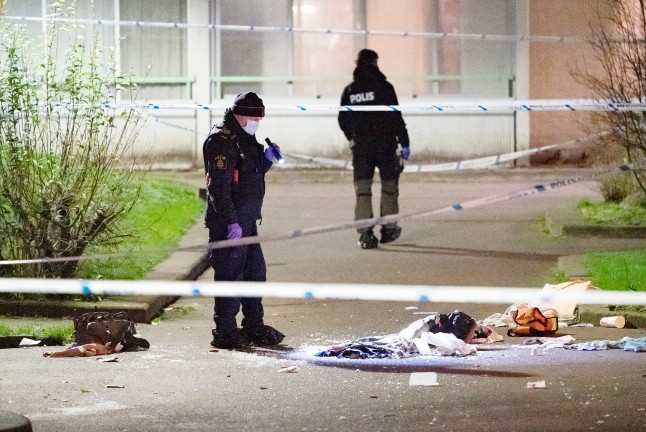
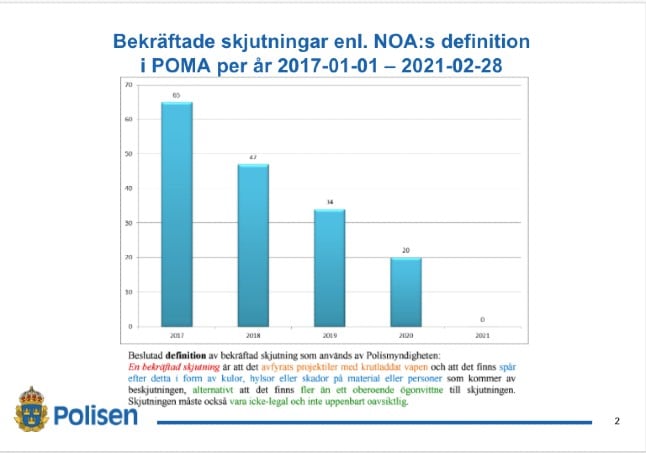
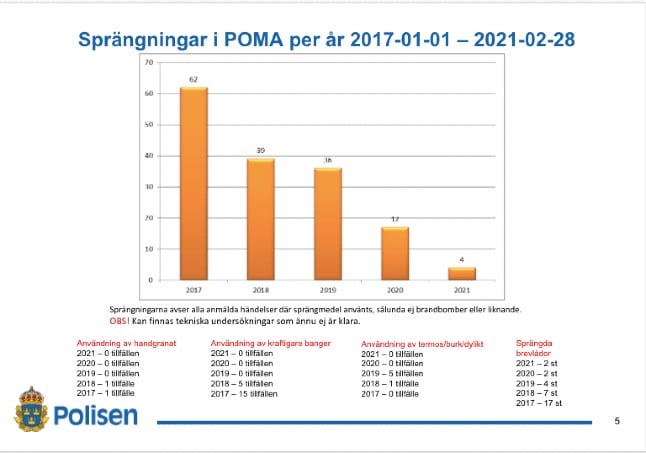
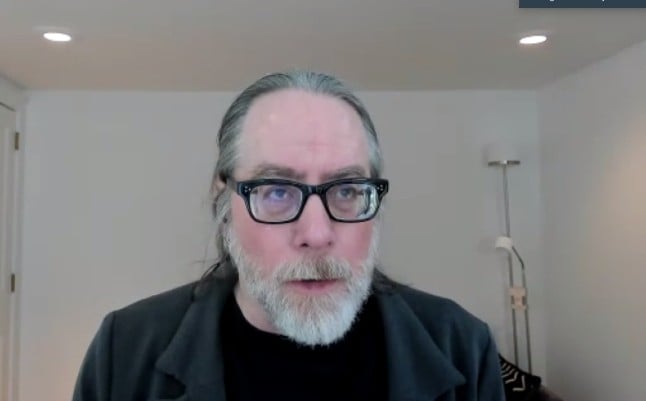
 Please whitelist us to continue reading.
Please whitelist us to continue reading.